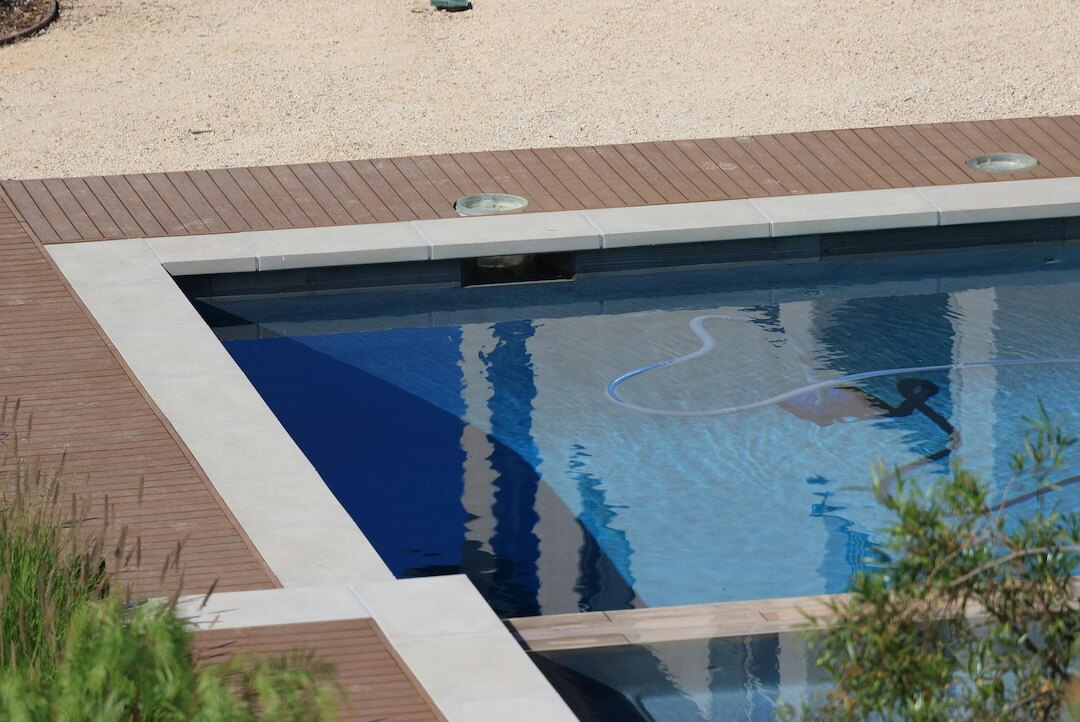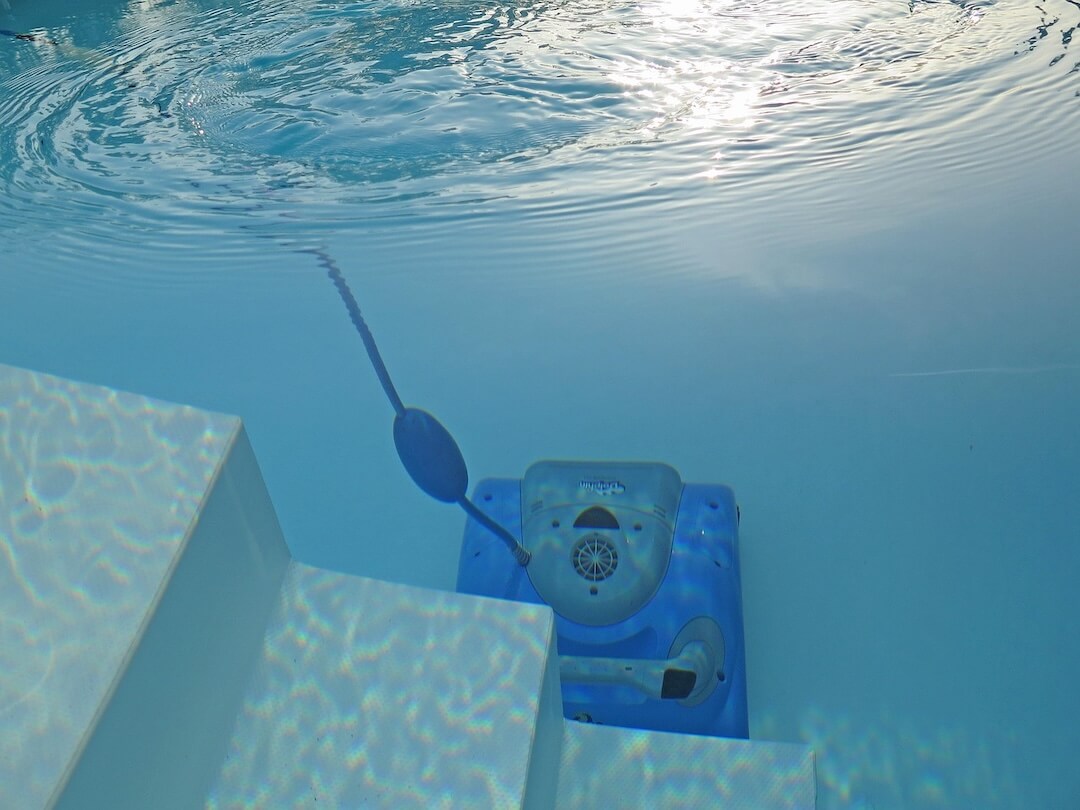How to Balance Pool pH Levels

How to Balance Pool pH Levels
Maintaining the correct pH level in your pool is essential for ensuring a safe, clean, and inviting swimming environment. An imbalanced pH can lead to problems such as cloudy water, increased algae growth, and even damage to your pool equipment. As pool owners in Margate, understanding how to properly manage your pool's pH is a vital part of effective pool maintenance. Our pool specialists are here to guide you through the process, sharing expert tips to help you keep your water balanced and your swimming experience enjoyable.
Understanding the Importance of Pool pH Balance
The pH level measures the acidity or alkalinity of your pool water on a scale from 0 to 14. For optimal swimming conditions, the ideal pH range is generally between 7.2 and 7.6. Maintaining this balance is crucial because it impacts the effectiveness of your sanitizers, minimizes corrosion, and prevents scaling. When the pH is too low (acidic), it can cause skin and eye irritation and damage your pool's surfaces and equipment. Conversely, if the pH is too high (alkaline), water becomes cloudy, and algae and bacteria can thrive.
Our experts in Margate emphasize that regularly testing your pool water is the first step to ensuring proper pH levels. Frequent testing allows you to make timely adjustments, preventing small issues from escalating into costly repairs or chemical imbalances. Proper pH balance also enhances the effectiveness of chlorine and other sanitizers, ensuring your pool stays safe and hygienic for swimmers.
How to Test Your Pool pH Levels
Accurate testing is the foundation of proper pH balancing. Pool owners in Margate should utilize high-quality test kits or digital testers for reliable results. Test strips are convenient and quick, providing a visual reading that helps determine whether the pH level is within the desired range. Digital testers often offer more precise measurements and are particularly useful if you frequently monitor your pool's chemistry.
To test your pool water, gather a sample from several points in your pool to get an average reading. Follow the instructions provided with your testing kit carefully to ensure accuracy. Record the results and compare them to the recommended pH range of 7.2 to 7.6. If your readings fall outside this range, it's time to take corrective measures.
How to Adjust pH Levels in Your Pool
Adjusting your pool’s pH requires adding specific chemicals designed to either raise or lower the pH. In Margate, our pool experts recommend always handling chemicals with appropriate safety precautions. When the pH is too low, indicating acidity, you should add a pH increaser, typically sodium carbonate (soda ash). For high pH levels (alkaline water), adding a pH reducer like muriatic acid or sodium bisulfate will help bring the levels down.
Begin by calculating the amount of chemical needed based on your pool's size and the current pH reading. Always add chemicals gradually, stirring or circulating the water thoroughly after each addition. Re-test the water after a few hours to check if further adjustments are necessary. Remember, it’s better to make small, incremental changes rather than large corrections all at once.
Our specialists in Margate stress that maintaining a stable pH involves regular testing and adjustments. Consistency is key to preventing fluctuations that can lead to water quality issues.
Tips for Maintaining Proper pH Levels
Prevention is always better than correction. To keep your pool’s pH balanced, implement a routine maintenance schedule that includes regular testing and chemical adjustments. In Margate, climate and environmental factors such as rain, debris, and high temperatures can influence pH levels, making frequent monitoring even more important.
It’s advisable to test your pool water at least once a week during the swimming season. After heavy rain or significant water addition, test the water again to ensure the pH remains within the optimal range. Use high-quality chemicals and follow manufacturer instructions carefully for best results.
Another helpful tip is to maintain proper water circulation. Good filtration and circulation distribute chemicals evenly and prevent localized pH imbalances that can develop from stagnation. Keep an eye on your pool's overall water chemistry, including alkalinity, calcium hardness, and chlorine levels, as these parameters are interconnected with pH balance.
When to Seek Professional Help in Margate
While routine testing and chemical adjustments are manageable for most pool owners, some situations require the expertise of professionals. If you notice persistent pH problems despite regular effort, or if your water remains cloudy or develops algae, it’s time to consult our pool specialists.
In Margate, our experts can perform comprehensive water testing, diagnose underlying issues, and recommend tailored solutions. Sometimes, chemical imbalances stem from issues such as high total alkalinity or mineral content that require specialized treatment. Additionally, if you are unsure about handling chemicals safely or if your pool equipment needs maintenance, professional assistance ensures safety and long-term pool health.
Conclusion: Keep Your Pool Water Perfectly Balanced
Maintaining the perfect pH balance in your Margate pool is a fundamental aspect of responsible pool care. By understanding the importance of water chemistry, testing regularly, and applying the right adjustments, you can enjoy clean, safe, and clear water all season long. Our pool specialists are dedicated to helping you achieve and sustain optimal water quality through expert advice and personalized service.
Remember, a well-balanced pool not only looks better but also provides a healthier, more enjoyable swimming experience. Contact us today to learn more about how we can assist you in maintaining your pool’s pH levels and overall water chemistry. With proper care, your pool will remain a sparkling oasis in Margate for years to come.



